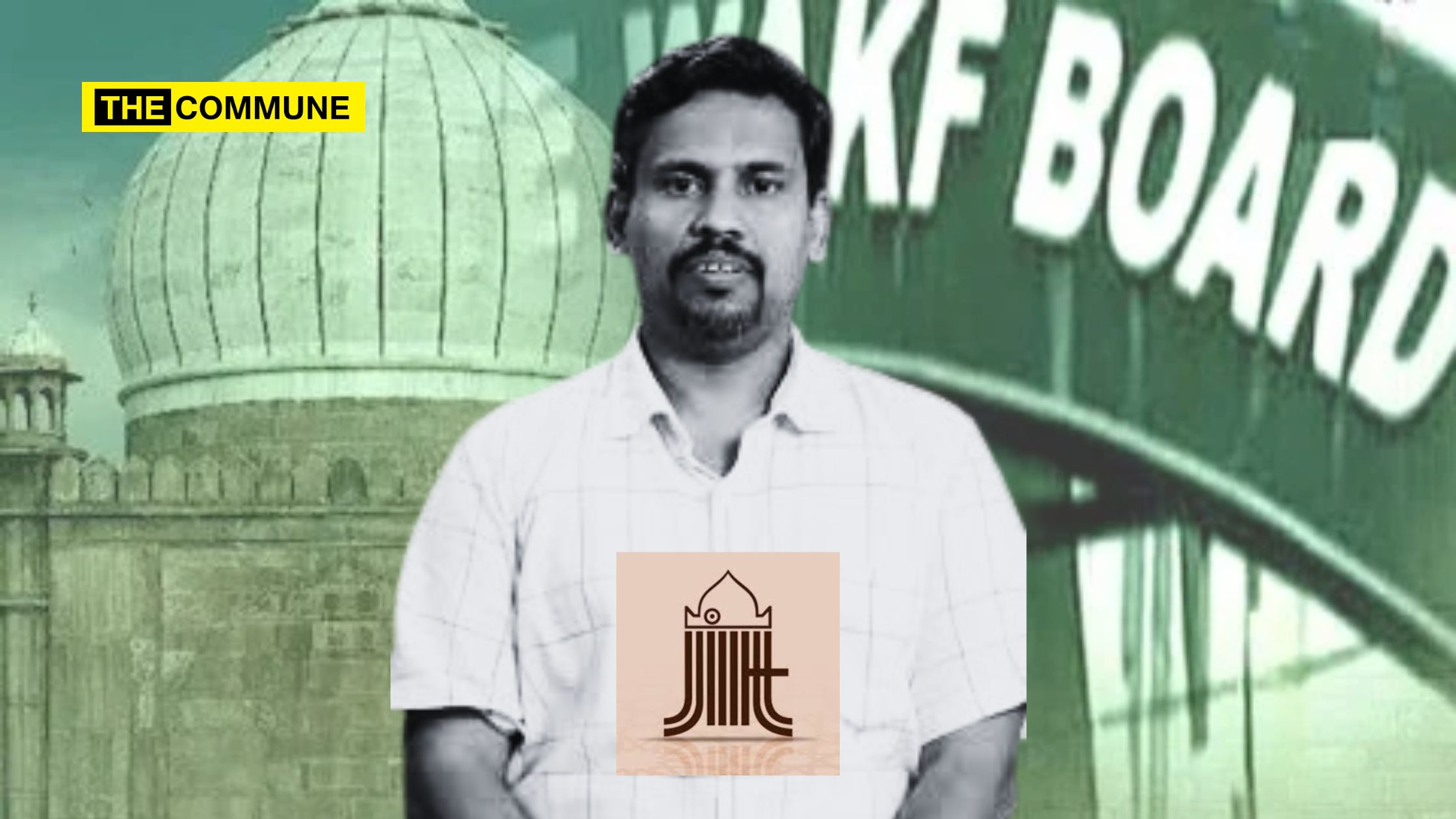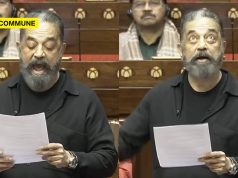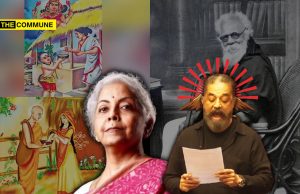
Shihab Pookkottur, a key figure in Jamaat-e-Islami Kerala, claimed that significant landmarks in India, including Rashtrapati Bhavan, are built on Waqf land.
The Waqf Amendment Bill has sent the Islamists into a tizzy, with more and more people from their community coming forward to voice out against the amendment. While the amendment only improves the administration of Waqf properties, Islamists seem to think otherwise.
In this regard, the Jamaat-e-Islami Hind in Kerala conducted a discussion at the MSS Auditorium. Several speakers put forth their views on the Waqf Board and the Amendment Bill. But Shihab Pookkottur’s speech seemed to speak volumes about how much property the Waqf is holding, especially in India, and the thought process of Islamists in wanting to capture the country.
Shihab Pookkottur is the State Secretary of Jamaat-e-Islami Kerala and a key organizer. Shihab has contributed to numerous Islamist initiatives, including the Kerala Muslim Heritage Foundation and Evershine Charitable Trust.
Addressing the audience, he said, “A considerable portion of the capital city, including Jamia Millia and even Rashtrapati Bhavan, stands on Waqf land. The case concerning Rashtrapati Bhavan is still ongoing,” highlighting the ‘encroachment’ on Waqf properties across the country. He added, “Waqf encroachment is common in India, with many individuals and even political party members having stakes in such properties.“
He further said, “Islamophobia operates differently in Kerala compared to North India. While ‘anti-Islamic propaganda’ in the north often stirs fear by reminding people of Muslim rule and lost properties, in Kerala, the dynamics are different. In the state, the Muslim community’s recent achievements in terms of growth and development are sometimes viewed with social jealousy.” Pookkottur claimed fear was created around this progress, pushing many to adopt an anti-Muslim stance.
A major point of the discussion revolved around the concept of Waqf itself, which was described as a key feature of Islamic civilization. The speaker claimed that if one were to map India and check for Waqf properties, most of the land would be marked as Waqf. He said, “Waqf has built India. Every corner of the country is Waqf property. If you travel across India and visit any significant place, we can proudly say it all belongs to Waqf.”
They emphasized that Waqf is not just about property, but it is also tied to Islamic values and plays a critical role in preserving religion, education, life, and the protection of the human race. Historically, he said that this system existed during the Ottoman Caliphate, where the Ottoman Empire maintained control over all Waqf properties, which were said to be integral to the functioning of Islamic society.
Subscribe to our Telegram, WhatsApp, and Instagram channels and get the best stories of the day delivered instantly.




